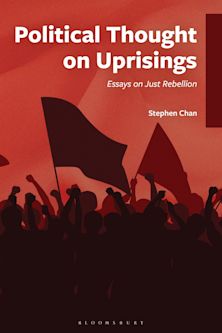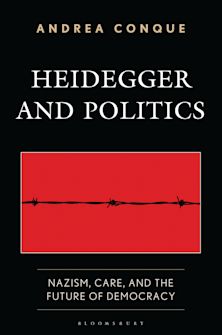This product is usually dispatched within 3 days
- Delivery and returns info
-
Free US delivery on orders $35 or over
You must sign in to add this item to your wishlist. Please sign in or create an account
Description
In December 1991, the Soviet Union passed into history as a legal entity, breaking apart into15 successor states. This clear and convincing book explains why. Walker argues against much of the conventional wisdom and scholarly literature on the breakup, which emphasizes what he calls the 'demand side' of the problem, or the role of nationalist mobilization and the rise of separatist aspirations in the USSR's union republics. He points out that support for dissolution was limited to a handful of republics that included only a small portion of the Soviet population. Instead, the author highlights the critical role played by the USSR's ethno-federal system, as well as the normative claims and legitimizing myths of Soviet nationality policy. These institutions and myths empowered the anti-union opposition even in those union republics where they had limited support, and they help account for the highly ineffective strategy that Gorbachev adopted to overcome the USSR's 'nationality crisis.' Walker also shows how confusion over the meaning of some of the key terms of Soviet political discourse during perestroika-particularly 'sovereignty' but also 'union,' 'federation,' 'confederation,' and 'independence'-contributed to a 'fog of war' that helped bring about the full disintegration of the USSR, an outcome that surprisingly few desired.
Table of Contents
Chapter 2 Sovereignty, Federalism, and Soviet Nationality Policy
Chapter 3 Perestroika and the Parade of Sovereignties
Chapter 4 Sovereignty for the Autonomies
Chapter 5 Multiple Sovereignty and the New Union Treaty
Chapter 6 Sovereignty as Independence
Chapter 7 Conclusion
Part 8 Suggested Additional Readings
Product details
| Published | Mar 19 2003 |
|---|---|
| Format | Paperback |
| Edition | 1st |
| Extent | 216 |
| ISBN | 9780742524538 |
| Imprint | Rowman & Littlefield Publishers |
| Dimensions | 9 x 6 inches |
| Series | The Soviet Bloc and After |
| Publisher | Bloomsbury Publishing |
About the contributors
Reviews
-
Walker reminds the reader with skillfully reconstructed detail of the intricate and delicate emendations of 'sovereignty' already underway in Moscow and the republics before the collapse.
Foreign Affairs
-
This is the best available description of how and why the Soviet Union was transformed into fifteen independent states. A terrific book!
Yuri Slezkine, University of California, Berkeley
-
An elegantly written, lucid discussion of why the Soviet Union fell apart in precisely the way that it did. The book also offers a convincing explanation of why the autonomous formations within the USSR were unable to achieve independence and international recognition.
John B. Dunlop, Stanford University
-
Walker's book blends theoretical sophistication, intimate knowledge of the Soviet system's nature and inner workings, and a real sense of history. It is a highly ambitious and successful effort to grapple with one of the most momentous events of our time.
M. Steven Fish, University of California, Berkeley
-
Ned Walker tells a fascinating, compelling story of a cascade of events and decisions that led to an outcome few had anticipated. The scholarship is excellent; the tone, the balance, and the fairness of Walker's judgments are commendable.
Ronald Grigor Suny, William H. Sewell Jr. Distinguished University Professor of History and Political Science, University of Michigan
-
The demise of the Soviet Union remains a mystery for both politicians and scholars not only in the West but in Russia as well. Explaining this dramatic event, Edward Walker separates the dissolution of an ethno-territorial state from the death of socialism as a regime type. In his intriguing story, he addresses the deep causes of the breakup and shows the shortcomings of the Soviet ethno-federal system. Walker's compelling analysis of Gorbachev's efforts to save the collapsing is convincing. This book is a first class scholarly contribution to the study of one of the most perplexing events of the 20th century.
Vitaly Naumkin, International Center for Strategic and Political Studies



































